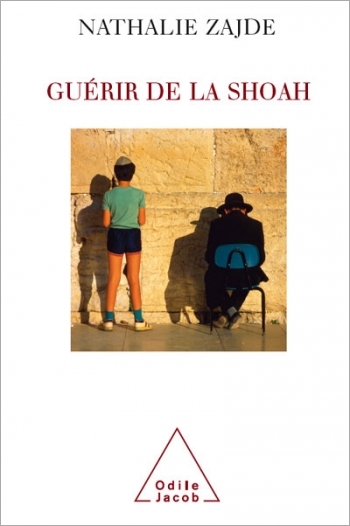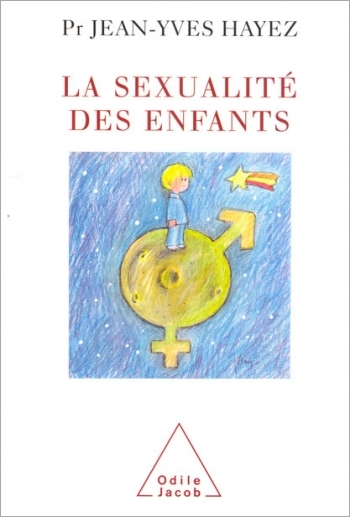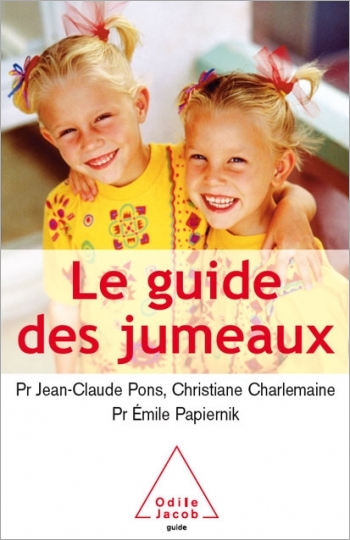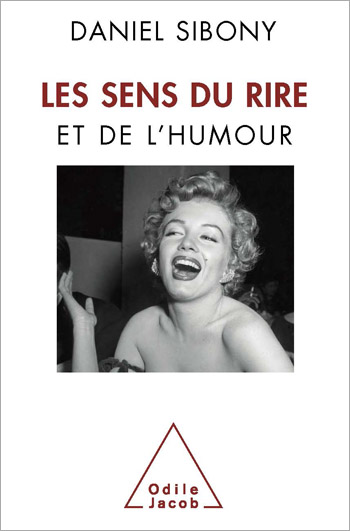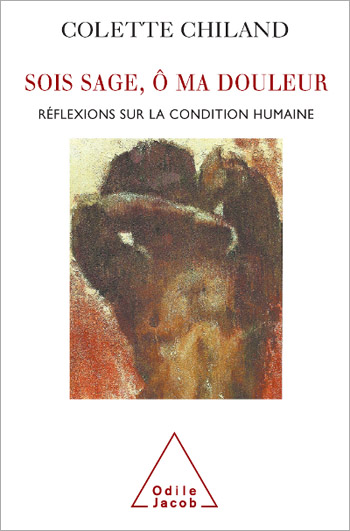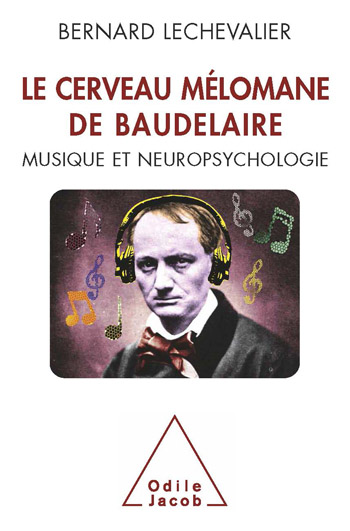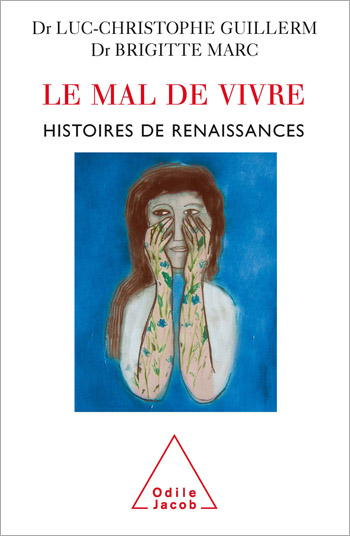General Psychology All books
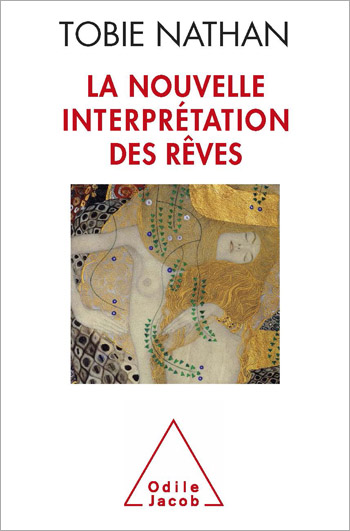
Tobie Nathan
The New Interpretation of Dreams
“A dream that has not been interpreted is like an unread letter,” according to one of the treatises of the Talmud. For a long time, it was thought that psychoanalysts were dream specialists, and Freud himself regarded The Interpretation of Dreams as his seminal work. But Freud never revised the general principles that he defined in 1899, and no psychoanalyst since then has made new propositions to the Freudian postulates concerning methods of dream interpretation. Today, the majority of researchers working on dreams are neurophysiologists, who completely exclude any notion of interpretation. So the issue remains intact and is far from being resolved. While conceding that dreams constitute a physiological reality, Tobie Nathan argues that they cannot be regarded as the hallucinatory fulfilment of the dreamer's repressed wishes, as is generally claimed. So do dreams serve any purpose? Do dreams have any meaning? Nathan returns to these age-old questions and examines them with the audacity and originality that he is known for. In the process, he draws on recent findings in the neurosciences, on the teachings of psychoanalysis — as well as on the lessons of the Talmud.
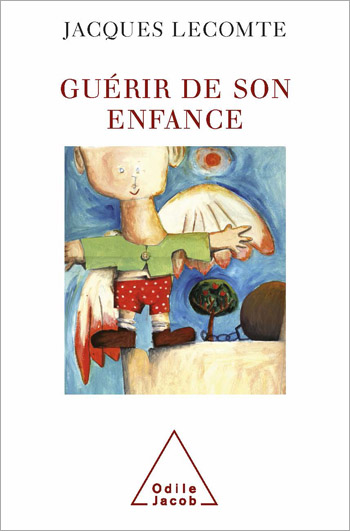
Jacques Lecomte
Cured of Childhood
How does a child whom life has hurt become resilient? Jacques Lecomte examines every aspect of a child's environment that can help him or her overcome misfortune. He stresses the crucial need for markers in the reconstruction of the child's personality, and on the importance of finding meaning in suffering. This is a thorough study of resilience, its foundations and how it works. It is also a polemical work which questions the role played by psychotherapists in building resilience. Jacques Lecomte argues that they are not the only ones who can do this - and that sometimes psychotherapists can do more harm than good. The author suggests specific plans of action, for families and children, so that those who are suffering and in pain may learn to become resilient and happy. This book offers a powerful message of hope - happiness, says the author, lies in acquiring a better understanding of resilience. Jacques Lecomte is a doctor in psychology and a lecturer at the University of Paris-X. He specialises in training professionals who work with children and is secretary general of the International Observatory on Resilience, presided by Boris Cyrulnik.
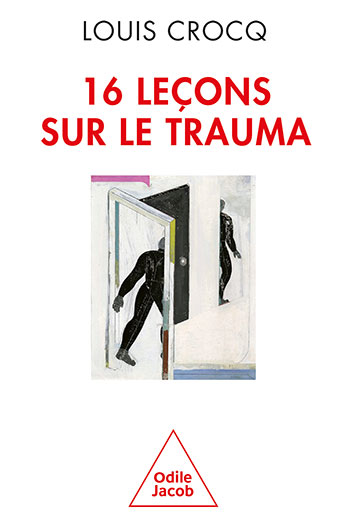
Louis Crocq
Psychological Trauma: Sixteen Lessons
An essential book to understand and overcome trauma
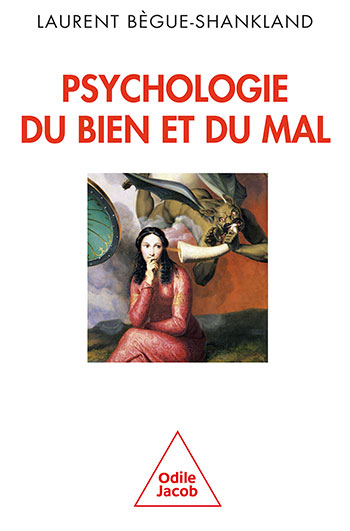
Laurent Bègue-Shankland
The Psychology of Good and Evil
How our idea of morality builds on and informs our personal life and our relationships
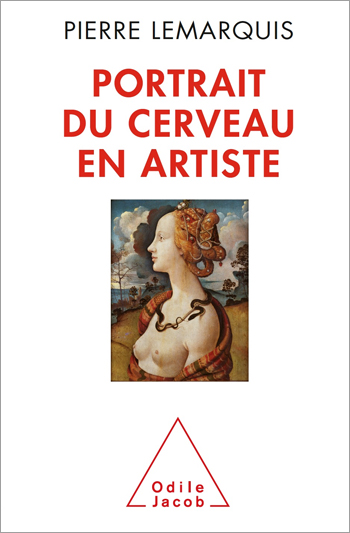
Pierre Lemarquis
Portrait of the Brain as an Artist
How do art and its appreciation affect the brain and how do they enhance our lives, both mentally and physically?
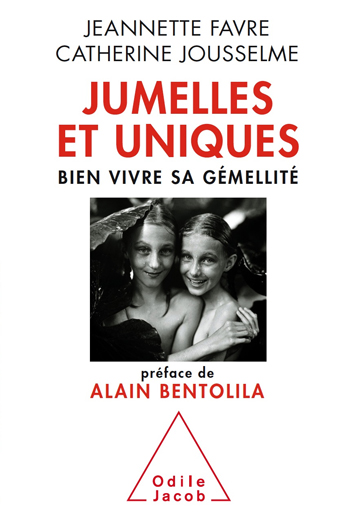
Jeannette Favre, Catherine Jousselme
A Twin and Unique Enjoying Being a Twin
This unusual testimonial will support and assist anyone who is closely or more distantly concerned with twins and twin births
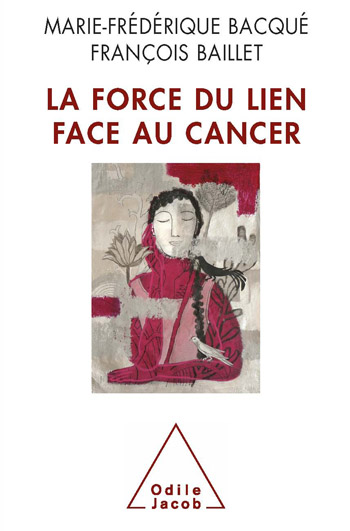
Marie-Frédérique Bacqué, François Baillet
Coping With Cancer
This book will help readers understand cancer's dual physical and psychological impact.
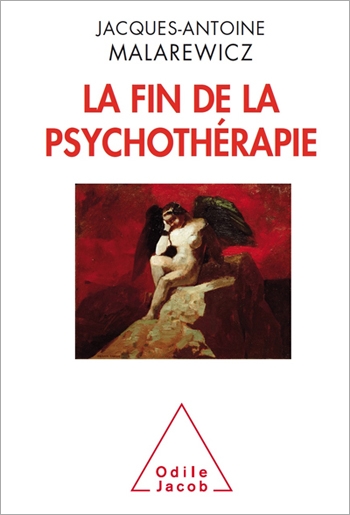
Jacques-Antoine Malarewicz
The End of Psychotherapy
Psychotherapy is becoming extinct. This book warns us of a process that threatens society.
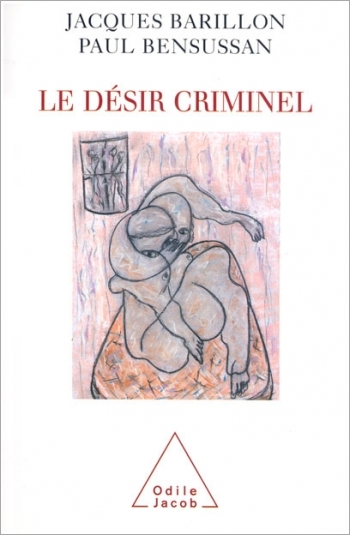
Jacques Barillon, Paul Bensussan
A Criminal Desire
Jacques Barillon and Paul Bensussan show, on a European scale, the ravages caused by an overly psychological approach to the law. They resolutely denounce the extremes and excesses of the new moral and sexual order that is now being proposed for the general good. It will mean tolerating that the judicial system, primarily concerned with the victims well-being, will renounce enforcing the Law, with the approval of psychiatrists and psychologists. This is an indispensable and disturbing book that should help to awaken our anaesthetised critical sense. Jacques Barillon is an internationally renowned lawyer specialising in criminal law. Paul Bensussan, a psychiatrist, sexologist and legal expert, specialises in sex crimes.

